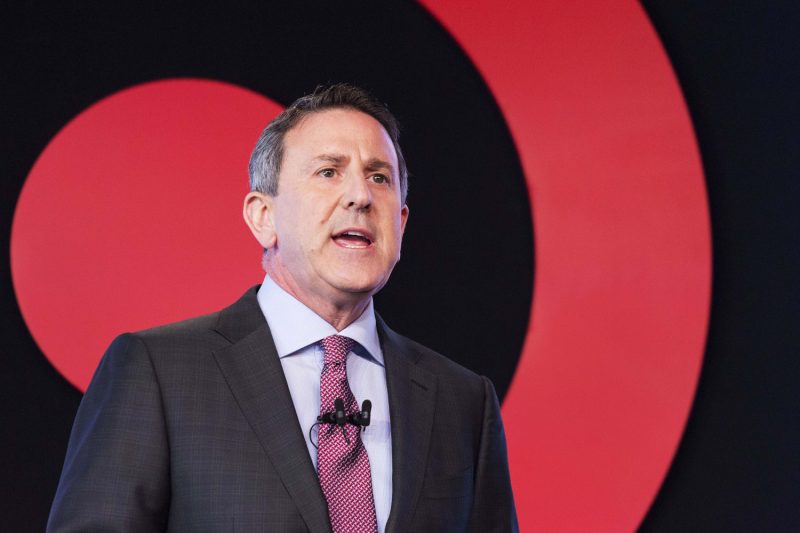There’s no room for price gouging in a ultra-competitive business like retail, Target CEO Brian Cornell said on Wednesday.
In an interview on CNBC’s “Squawk Box,” the retail chief disputed campaign talking points accusing grocers of inflating prices. He said retailers have to be responsive to customers or risk losing business.
He was asked by CNBC’s Joe Kernen, who referred to comments by Democratic presidential candidate Vice President Kamala Harris and asked if Target or its competitors ever benefit from price gouging. Harris last week proposed the first-ever federal ban on “corporate price-gouging in the food and grocery industries,” saying some companies are charging excessively and fueling household inflation.
“We’re in a penny business,” Cornell responded, noting the small profit margins in the retail industry. He described the many places that customers can turn to check for lower prices or to find merchandise elsewhere, from going to stores to browsing on their phones to compare the prices of a gallon of milk at different retailers.
Target’s retail chief made the comments after the discounter beat Wall Street’s expectations for earnings and revenue on Wednesday, but struck a cautious note with its full-year guidance. It said it expects comparable sales, which take out the impact of store openings and closures, to be on the lower side of its range of flat to up 2%. Yet it raised its profit guidance, saying it expects adjusted earnings per share to range from $9 to $9.70, up from the previous outlook of $8.60 and $9.60.Inflation and consumers’ outrage about high prices has continued to loom large for companies like Target. A wide range of retailers, including Home Depot, Walmart and Macy’s, have reported over the past two weeks that cautious consumers are being picky about where they’re spending.
Cornell said on “Squawk Box” that the retailer is trying to appeal to “a consumer who is managing their budget carefully” and said “value is in our DNA.”
Target is one of the consumer brands that has responded to shoppers’ concerns by lowering prices. It cut prices on about 5,000 everyday items, such as diapers and peanut butter, to try to drive higher traffic and sales. Others, such as McDonald’s, have debuted value meals.
So far, those discounts have shown signs of resonating at Target: In the quarter, customer traffic across Target’s stores and website rose 3% — even as shoppers put a little less in their shopping carts than they did a year ago.
Walmart CEO Doug McMillon said last week that prices have come down in many merchandise categories, but said that inflation “has been more stubborn” in the aisles that carry dry groceries and processed foods.
On an earnings call with investors, he said some brands “are still talking about cost increases, and we’re fighting back on that aggressively because we think prices need to come down.”
This post appeared first on NBC NEWS
